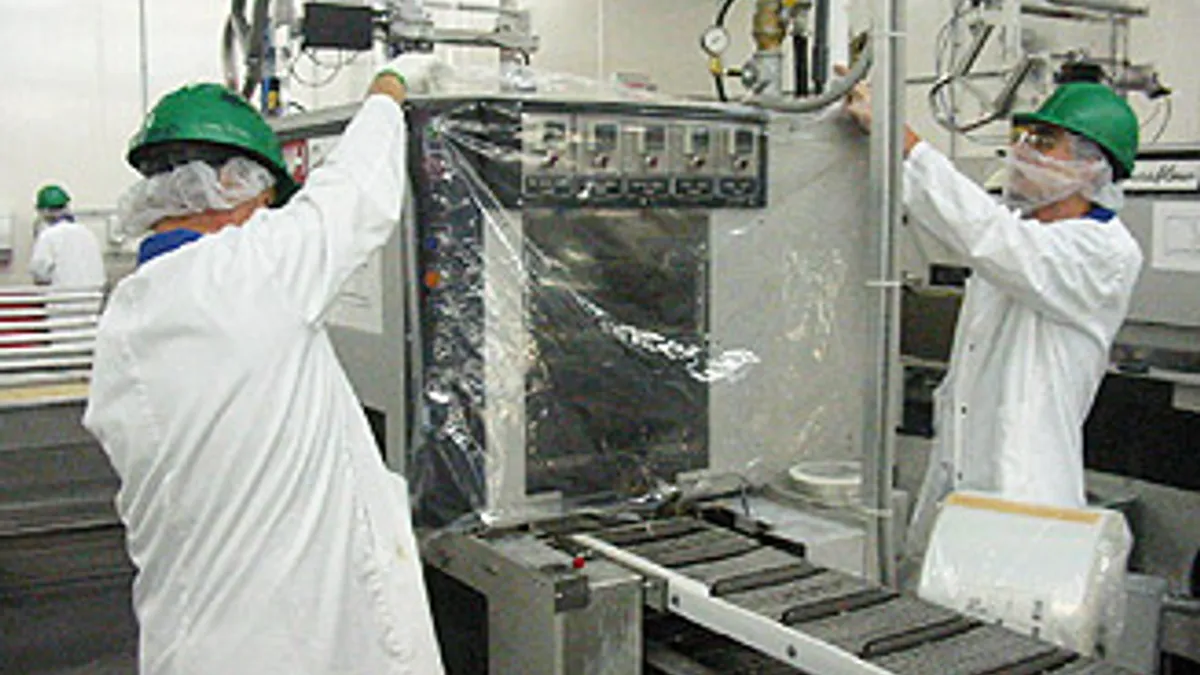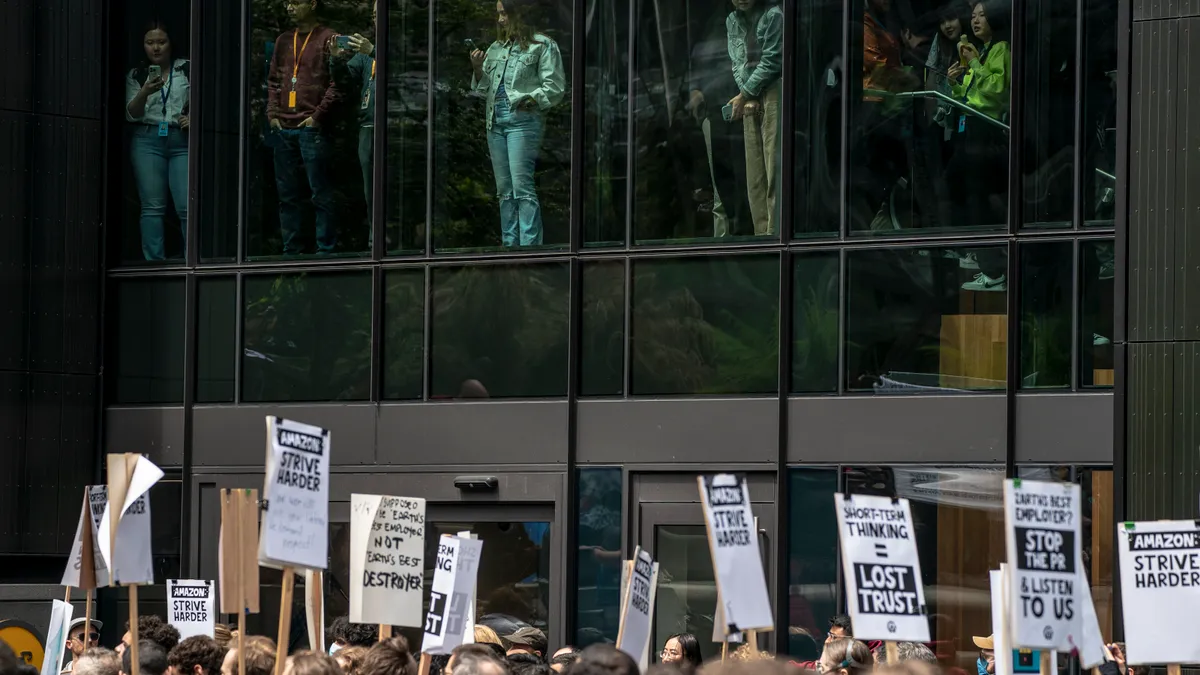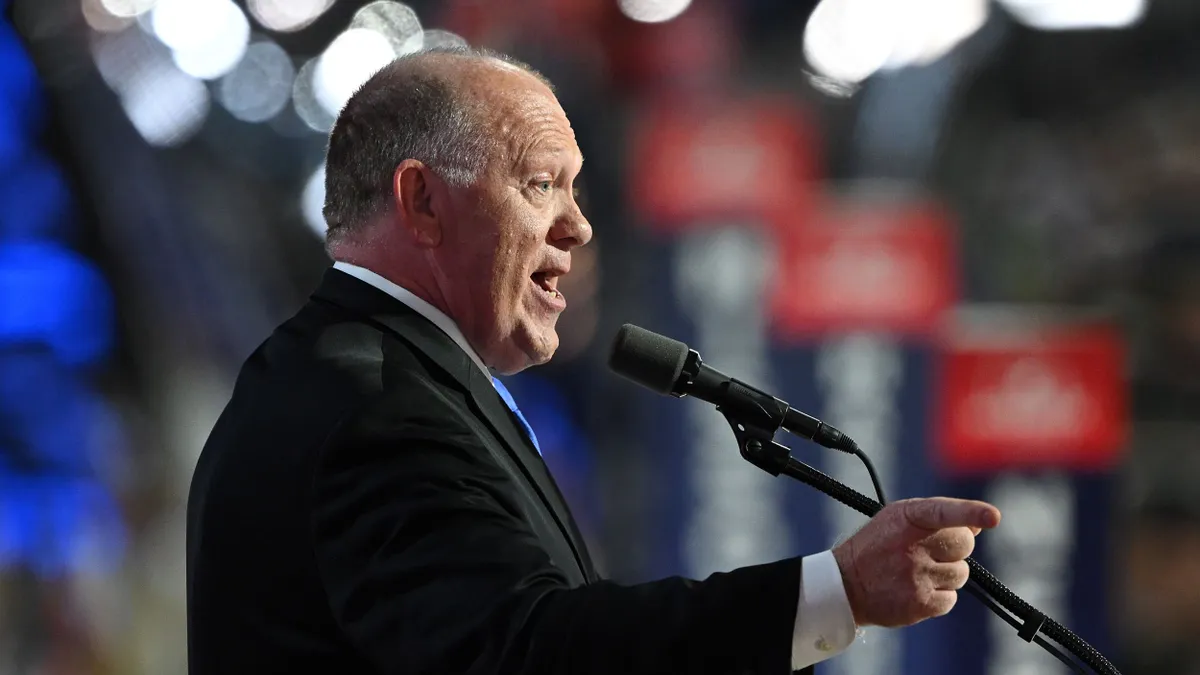Dive Brief:
- When a host employer and staffing agency have safety violations, the Occupational Safety and Health Administration (OSHA) issues citations to both, a practice that is expected to continue under the Trump administration, reports SHRM.
- OSHA considers employers and staffing agencies joint employers under its Temporary Worker Initiative (TWI). The agency created TWI to protect temporary workers from work-related accidents, injuries and illnesses.
- OSHA views both entities as joint employers because, while the staffing agency pays and often trains temporary workers, the host employer handles work assignments and oversees daily operations, says SHRM. OSHA also considers both entities responsible for safety training.
Dive Insight:
Employers must comply with OSHA regulations or face costly penalties. But employers must also avoid interacting with temp workers in a way that suggests an employer-employee relationship exists.
Misclassification of temp workers, independent contractors, freelancers and other on-demand workers as employees violates the Fair Labor Standards Act. Employers found liable for such relationships might owe workers back pay, other employee perquisites and fines.
The “joint employer” designation does present problems for employers, as SHRM points out. When it’s unclear where one entity’s responsibilities begin and another’s end, such as in the case of some corporations and their franchisees, the courts likely will cite both for violations.
Businesses should draft contracts between host employers and staffing agencies, or between corporations and franchisees, with avoiding joint-employer charges in mind.










